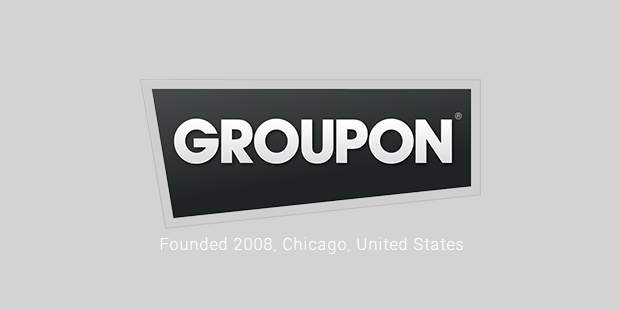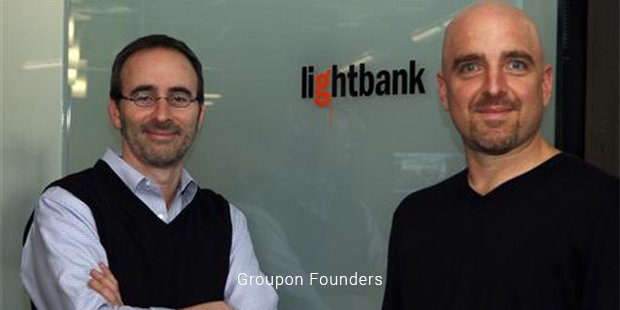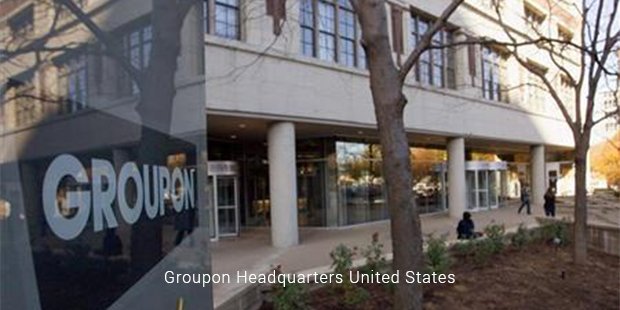Groupon SuccessStory

While most recent internet start-ups have focused on creating advertising-backed systems, the ultra-popular new group buying site Groupon.com has a different trick up its sleeve. Instead of making its money from ads, the site offers huge discount deals directly to customers, connecting to businesses around the world and offering its huge archive of subscribers as a potential promotional resource. It's a formula that's made it one of the fastest growing businesses in history. Founded in late 2008 by its current CEO, Andrew Mason, Groupon's innovative marketing techniques and great deals turned it into one of the web's most visited properties very quickly.

However, the company's success story hasn't been entirely positive. From concerns about the long-term viability of its business model to run-ins with the law over its coupons, Groupon has attracted a great deal of controversy and criticism since it was launched just over three years ago. One of the site's biggest criticisms has been its occasional negative impact on its own clients. Some of the site's clients have found themselves inundated with orders after using Groupon for their promotions, claiming that they've been unable to cope with the massive demand the site generated. It's a complain that, at face value, seems ludicrous, that is until you look into the metrics and sales incentives that were used to fuel Groupon's early growth as a company.
Salespeople were pushed to offer 'uncapped' deals, in which quantity was never a concern for the people promoting small businesses. Many businesses ended up inundated with orders they had no chance of filling due to Groupon's commission-based model. In a display of good will and interest in its long-term performance, the company has since reached out to affected business owners.

It's this ability to adapt, and the company's incredible growth, that's made Groupon such a success story in technology circles. By taking a different business model from most of its competitors, who focus on advertising revenue rather than direct sales to clients and consumers, Groupon has given itself a different business category than most tech companies. One of the most important aspects of Groupon's success is its approach to competition. The large company is almost entirely unguarded from attacks by competitors – it has no 'moat' that prevents others from copying its business model. To protect itself from competition, the company went on a buying spree in recent months, acquiring foreign properties before the two started competing.
Groupon became a publicly-traded company in November of 2011, allowing it to gain even more capital for future expansion and innovation. While it's still a young company, its rapid growth has made it the benchmark for many budding technology companies aiming to capture a large market in as little time as possible. Whether you're a critic, a loyal user, or a hater, it's hard to deny Groupon's incredible success in the daily deal industry. While it will no doubt run into growth issues as it continues to expand, it's not a 'bad business,' as some critics are fond of calling it. It's just a quick grower, and a company that's a lot more fond of embracing and adapting to growing pains that running away from them.
- Full Name :
- Groupon
- Founded :
- 2008
- Founder :
- Brad Keywell
- CEO :
- Eric Lefkofsky
- Industry :
- Business
- Sector :
- Public
- Country :
- USA
- Website :
- groupon.com









